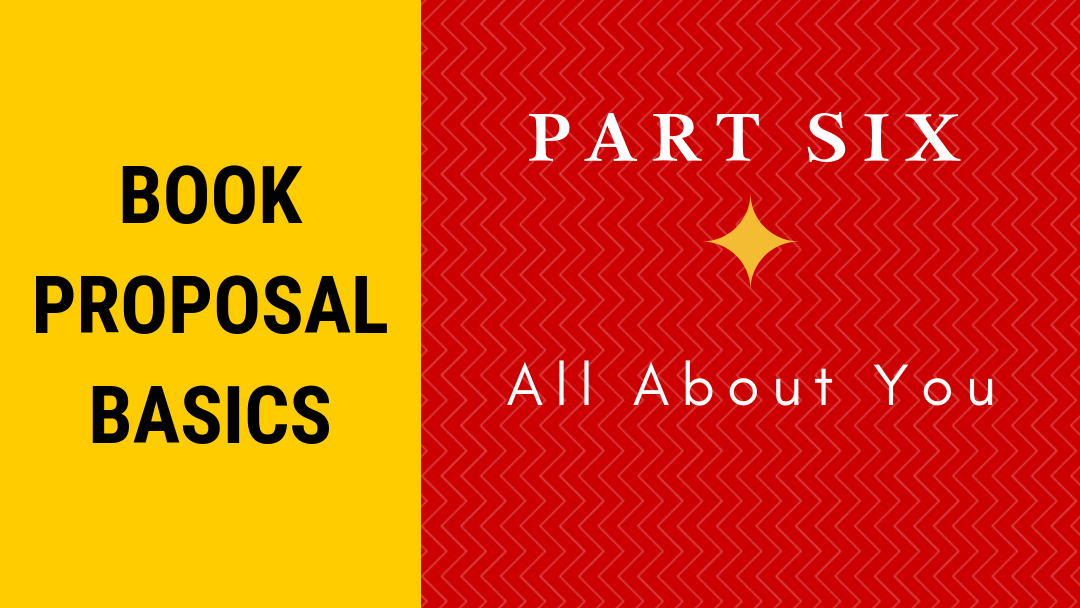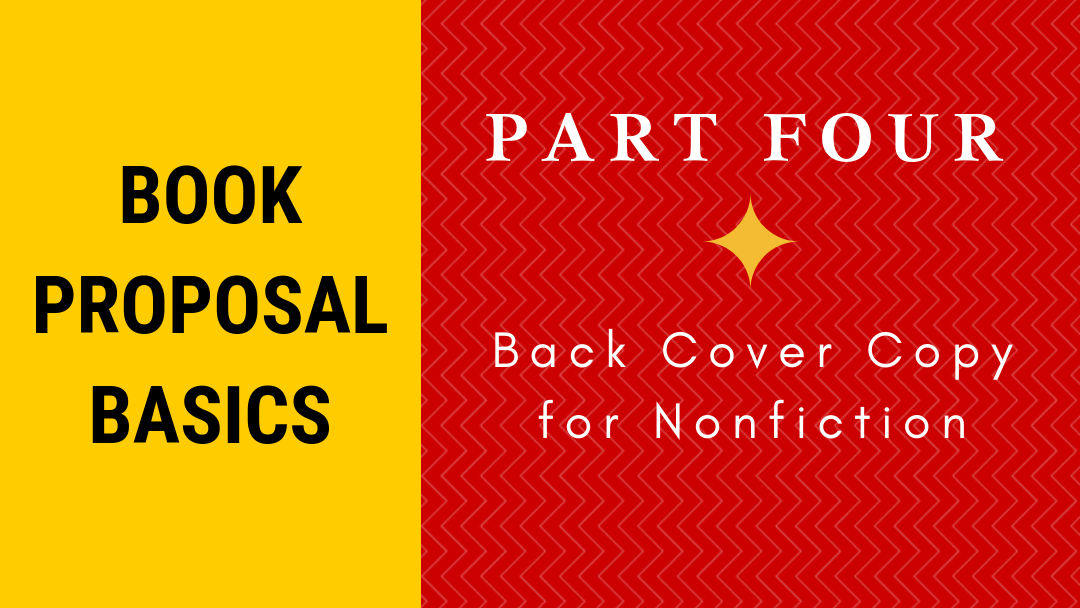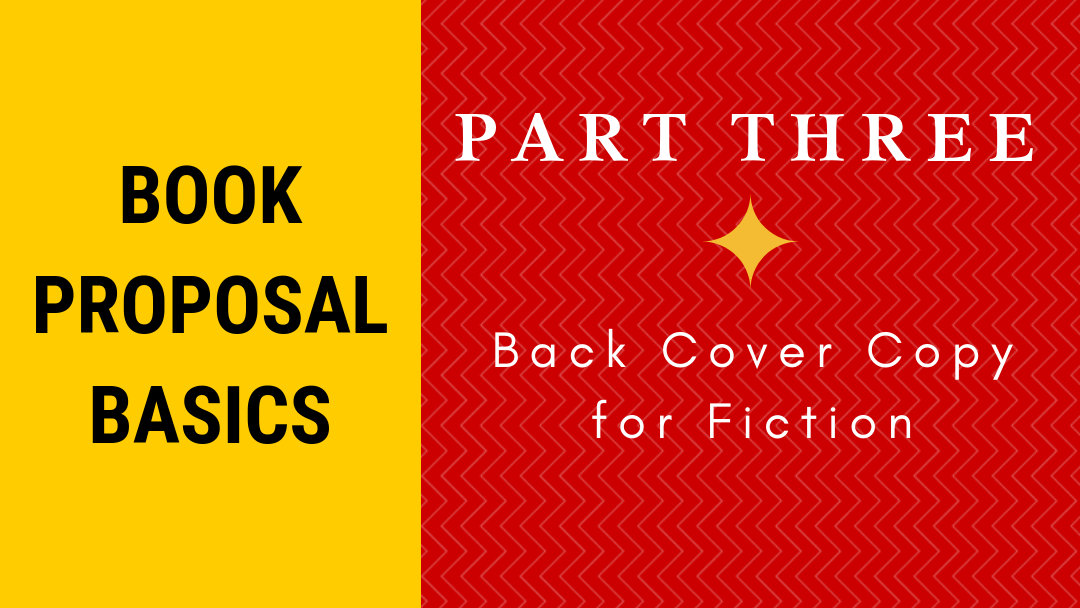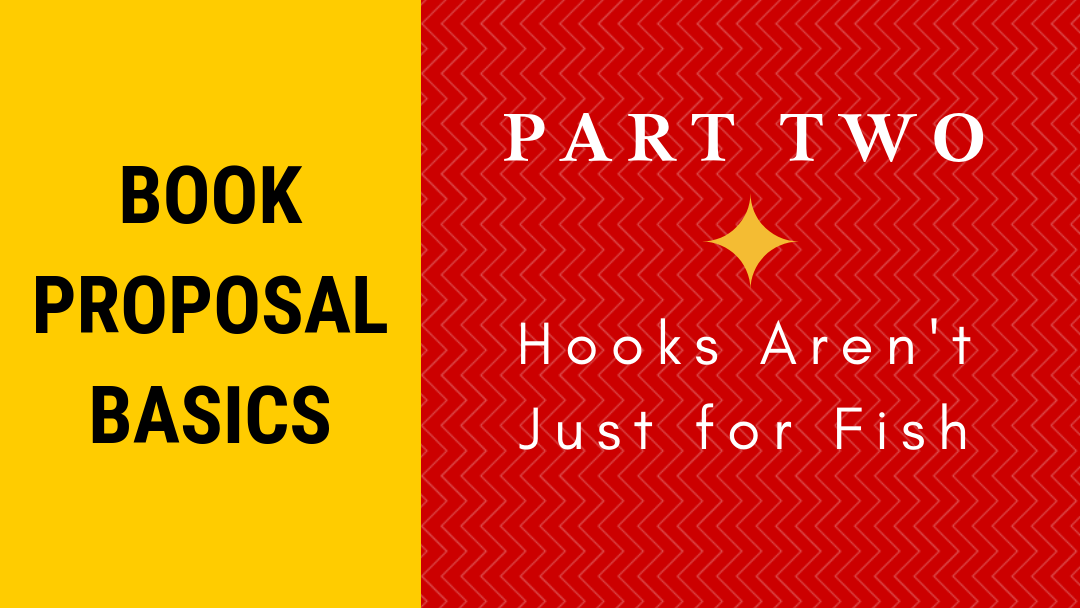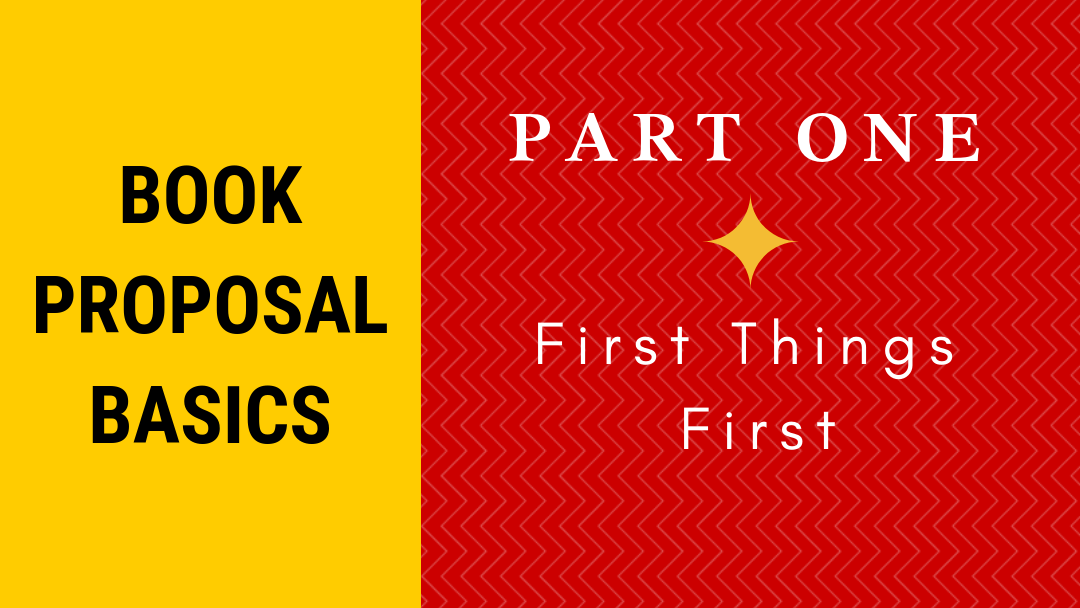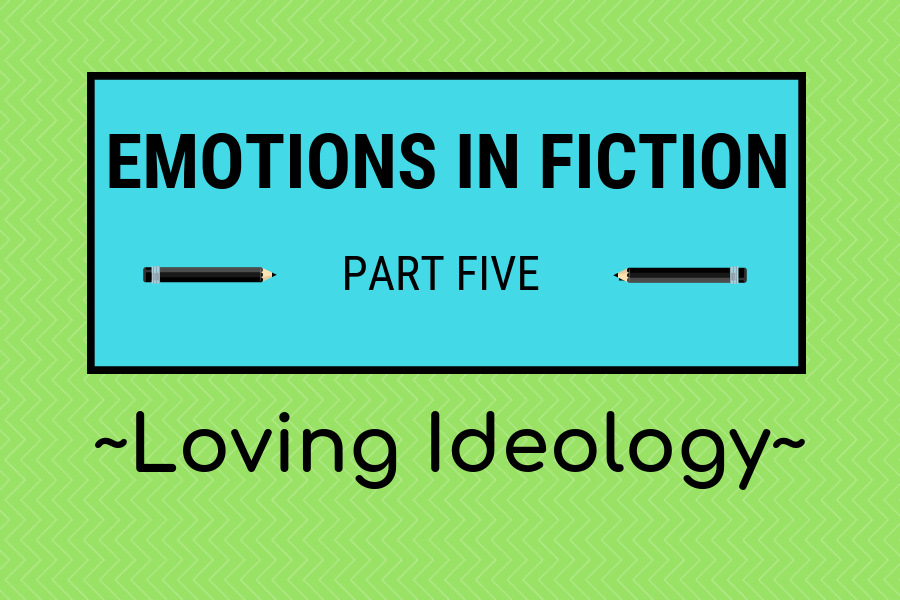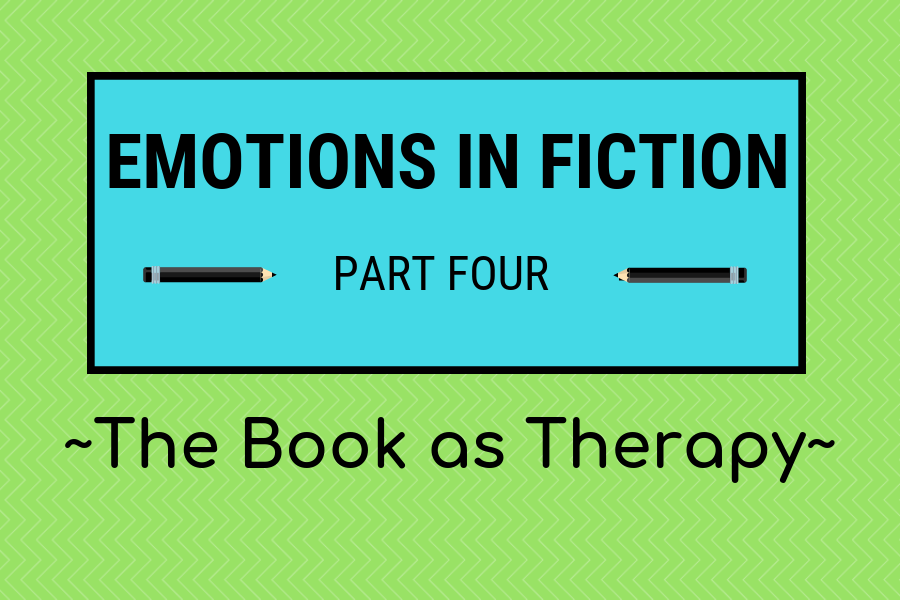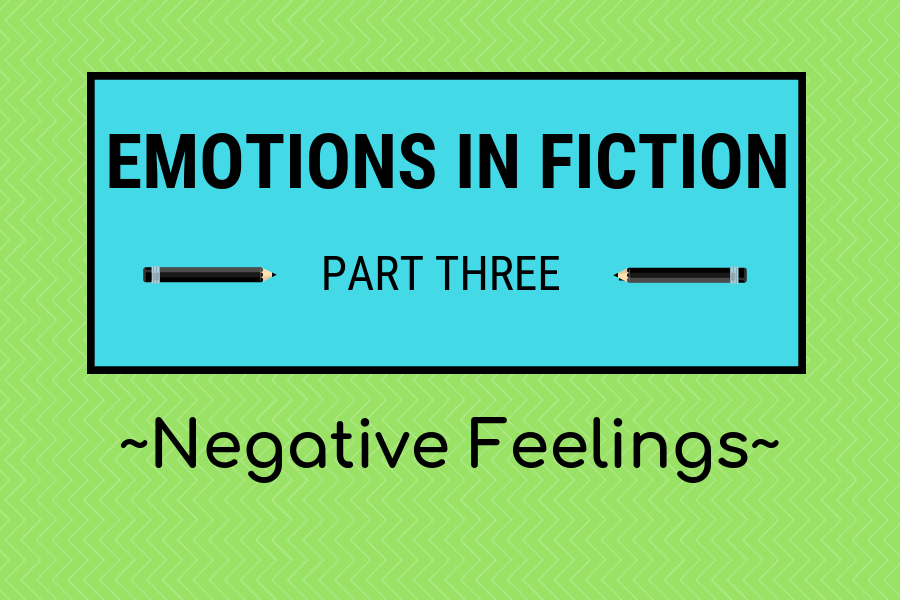Your proposal is where you tell the editor and agent how you will partner with them to market your work. This can be a challenging section to write. The idea is to present the connections (platform) that you have or can create to promote and sell your book. These are things that a major publisher cannot do for you.
Here are a few ideas, though this list is by no means exhaustive:
Social Media
Here is where you include the links you have on social media. Include the number of followers you have. Start with where you are most visible. As you write your book, spend about a half hour a day on social media to build numbers on at least one or two platforms to show you can reach readers who are interested in you. Make this a fun part of your day. Choose one or two platforms that you enjoy and concentrate on those. Be present on others as well so readers who prefer those platforms can find you.
Be sure to include your web site and blog, if you have one.
Newsletter
A newsletter shows that you are making genuine connections and not just meaningless numbers. Since newsletter subscribers have to opt in to receiving news from you, these are legitimate contacts. I know, I know – we all want the big numbers, but we also want to show that people are looking specifically for us and our names because of a personal connection. Many publishers view this as more important than a huge following on Twitter because some followers are bots, not real people.
Read Nathan Exley’s post “3 Ways to Grow Your Author Newsletter” for help.”
Build a Launch Team
Your launch team is a collection of people who will use their networks to help your book sell beyond your own connections. Thomas Umstattd has a great post on AuthorMedia.com talking about creating a team for your book.
Be Friendly
Include a few personal tidbits that you don’t mind the public knowing. Be bright and cheerful. Have fun!
Your turn:
What marketing helps can you add?
What is your favorite social media platform?
Where do you find out about books on social media?
Which author has the best social media presence, in your opinion?


